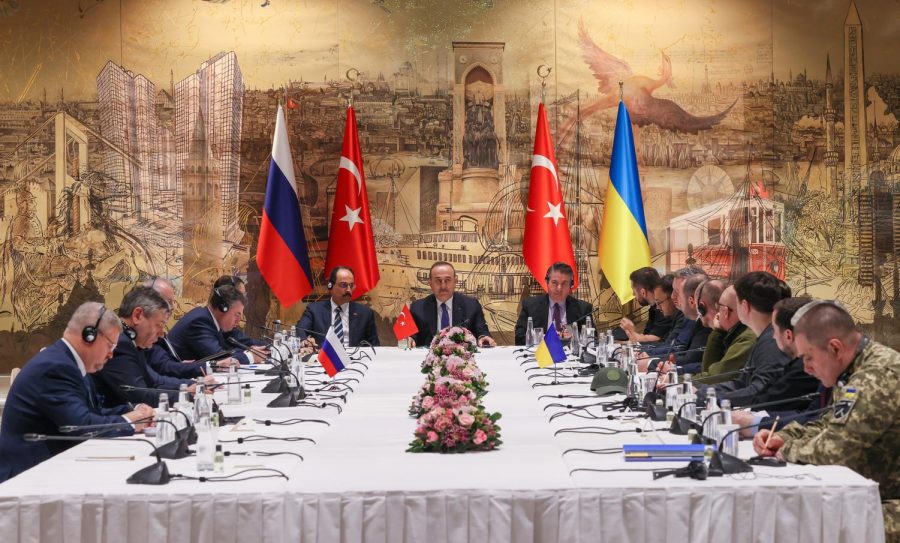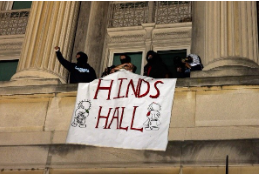News From Around The World
April 24, 2023
The world is wider than many of us want to believe. With all that’s happening in the United States all the time, the rest of the world is forgotten and uncommented on. But that’s not sustainable. We’re interconnected more than ever, and isolationism that was our foreign policy for so long is nothing but a fantasy. To properly address the problems we face here, it might be beneficial to look abroad.
For example, the arrest of an American journalist in Russia may seem far away, but the motivations hit close to home. The journalist, Evan Gershkovich, was detained on charges of espionage for criticizing Russia’s invasion of Ukraine. The incident is heavily reported because the last time a journalist was arrested on these charges was during the Cold War.
The casual reader might scoff and think nothing like that could happen here, but it already has. During the Civil War, Abraham Lincoln suspended habeas corpus, the right to a fair trial before imprisonment. In the midst of World War 2, millions of Japanese Americans were put into internment camps out of fear they were spying for their home country. Even now books are being taken off library shelves in certain states for covering subject matter considered controversial. Censorship is a phenomenon that can take hold anywhere, especially when there’s something to fear.
On the other side of the conflict, Ukraine recently rejected a peace agreement. The terms were proposed by Russia and promoted by Brazil’s current president, Lula. Conspicuously absent from the document was a provision requiring Russian troops from vacating the country. Lula is facing immense backlash for this behavior, but America has often acted in a similar fashion. In the Spanish-American war, the United States backed rebels in Cuba fighting Spanish rule. When the war was won, however, America temporarily took control of Cuba as well as Puerto Rico, Guam, and the Philippines against the wishes of the people they fought alongside. There’s also a well-documented history of proxy wars, especially during the Cold War, where the United States influences other countries’ politics for monetary or ideological gain. The handling of the Vietnam War and Banana Wars are prime examples of this conduct.
Lastly, there’s the Sudanese ceasefire. The conflict began with a coup removing the country’s previous leader, Omar al-Bushir, in favor of a democratic system. But this democracy is facing more opposition. The civil war is a conflict for power, with the winners running the country and the losers facing dire consequences for treason. The ceasefire was meant to be a chance to negotiate peace, but it was largely ignored. Almost two hundred casualties have piled up during this time, and residents in the capital are running out of supplies. Though it’s been a long time since America has seen such harsh conditions, it doesn’t take much to imagine the horrors people face across the globe. Besides, problems overseas hardly stay overseas. There are already concerns of fighting spilling over into several neighboring countries, including Egypt, Ethiopia, and South Sudan. Russia has taken an interest in the fighting, and when Russia gets involved, the United States has historically intervened.











